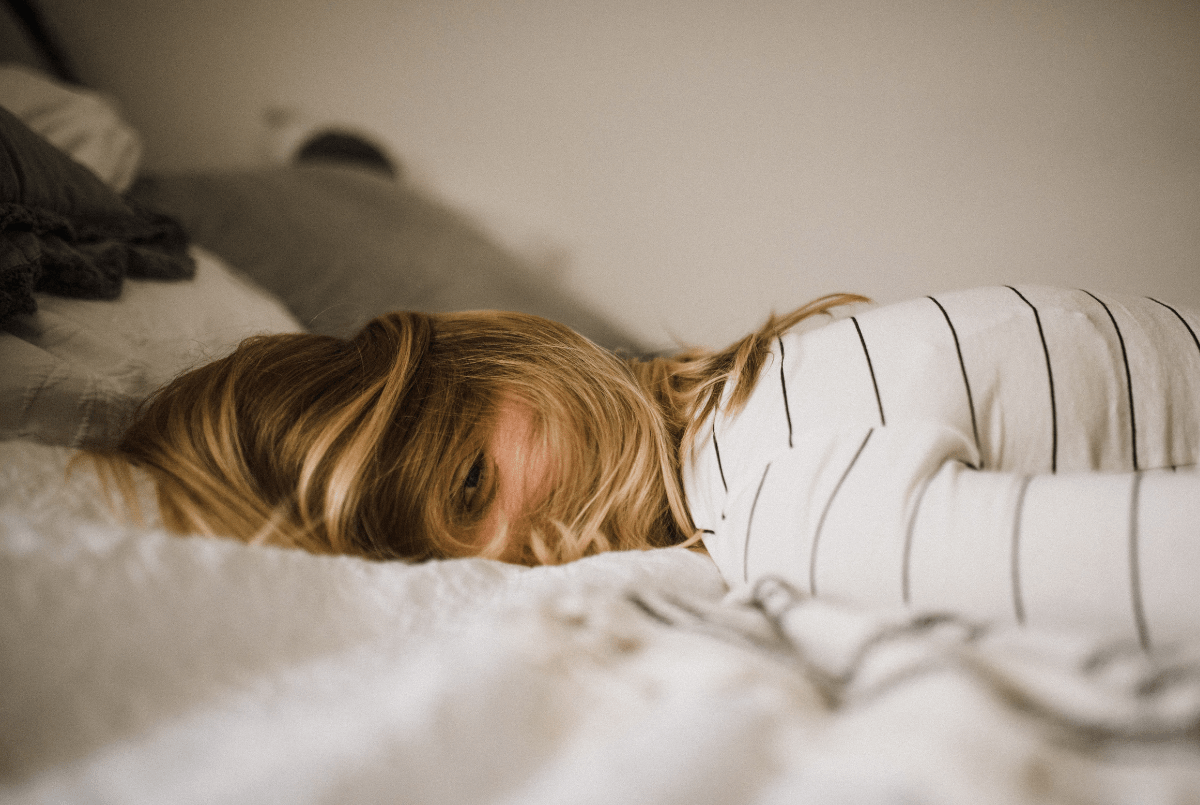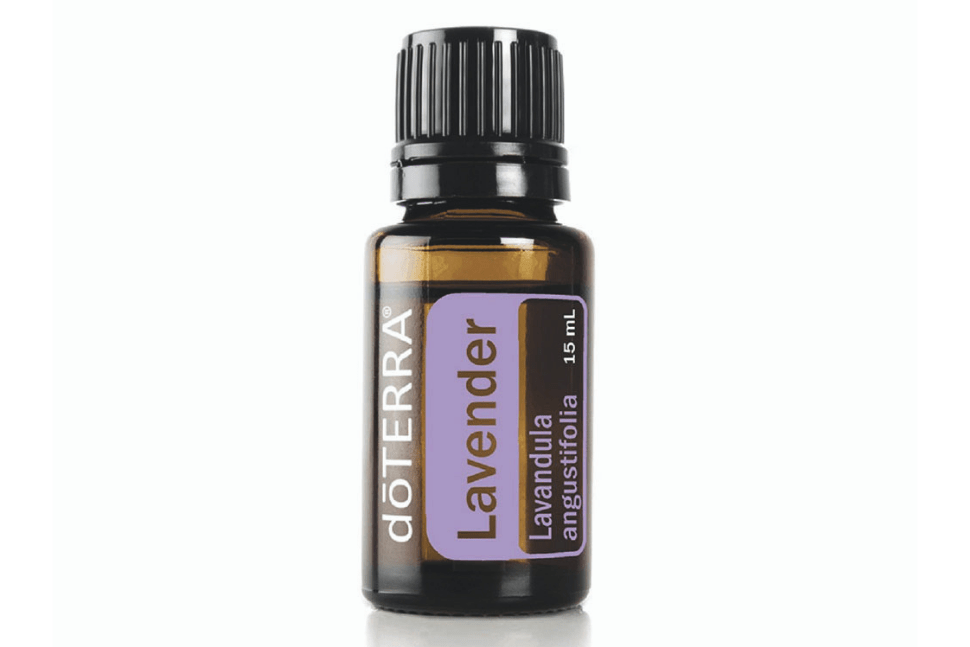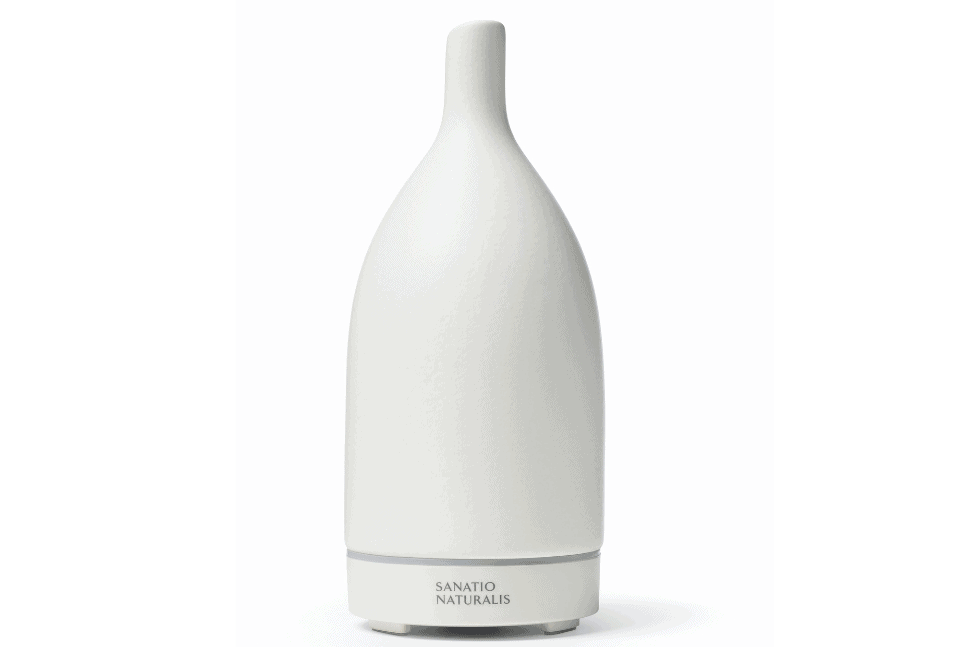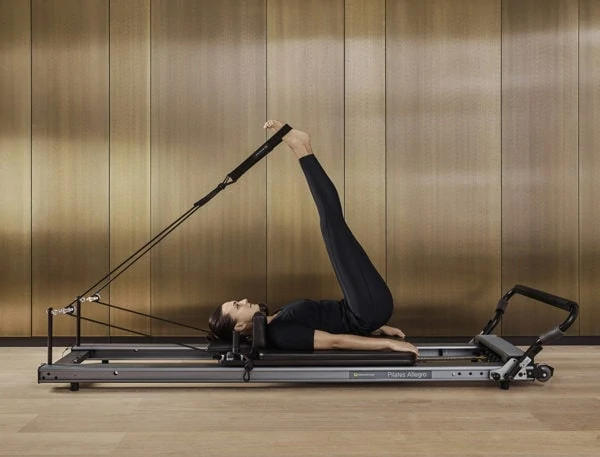Our 24/7 lifestyles are taking their toll, leaving us in the grips of an insomnia epidemic with up to one third of the population tackling sleep issues. In a bid to help us all get some much-needed shut-eye, we spoke to London’s sleep experts about what we can do to help us drift off with ease.
The clock glows 03.21. Your body wants to sleep, you know you need to sleep. But your whirring mind won’t let you. Rising panic at the prospect of another night of tossing and turning causes your fight or flight mode to kick in; your heart starts to race and your senses become heightened. It’s like you’ve drunk 10 cups of coffee, but of course you haven’t. As the minutes crawl by, the loneliness and frustration weigh heavy as you resign yourself to seeing dawn creep through the blinds, again. Through a fog of exhaustion, you tackle the day – desperate to cover up your inability to think clearly or cohesively – before collapsing into bed, filled with dread of another night of the same…
Welcome to the debilitating, seemingly never-ending, gritty-eyed hell of chronic sleep trouble. According to a report by the Mental Health Foundation, a staggering one third of us may suffer from insomnia, sleeping significantly less than the standard seven to nine hours per night that conventional wisdom (namely the NHS) recommends.
“Sleep provides the required off-period when the brain and body regenerate,” says Dr. Ivana Rosenzweig, a neuropsychiatrist, sleep physician and neuroscientist who leads the Sleep and Brain Plasticity Centre (SleepCity) at King’s College. “It is the time when major cortical brain cells are repaired,” she continues. “The space between the cells widens during sleep, which allows toxins and by-products of their activity to be flushed away. If sleep is impaired, wear and tear gradually accumulates, cells die sooner and this results in illnesses ranging from psychological issues and neurological disorders, such as Alzheimer’s, to metabolic problems and cancer.”
While a one-off restless night can affect our mood, concentration and alertness – as well as make us look older – grouchiness and under-eye circles are the least of an insomniac’s worries. Humans are not designed to be awake during the night; high levels of sleeplessness not only increase the risk of medical conditions, but can expose people to chronic depression and other mental issues. Essentially, under-sleeping is a health time-bomb and we’re getting very good at it. So much so, according to academics, we’re currently in the grips of an insomnia epidemic.
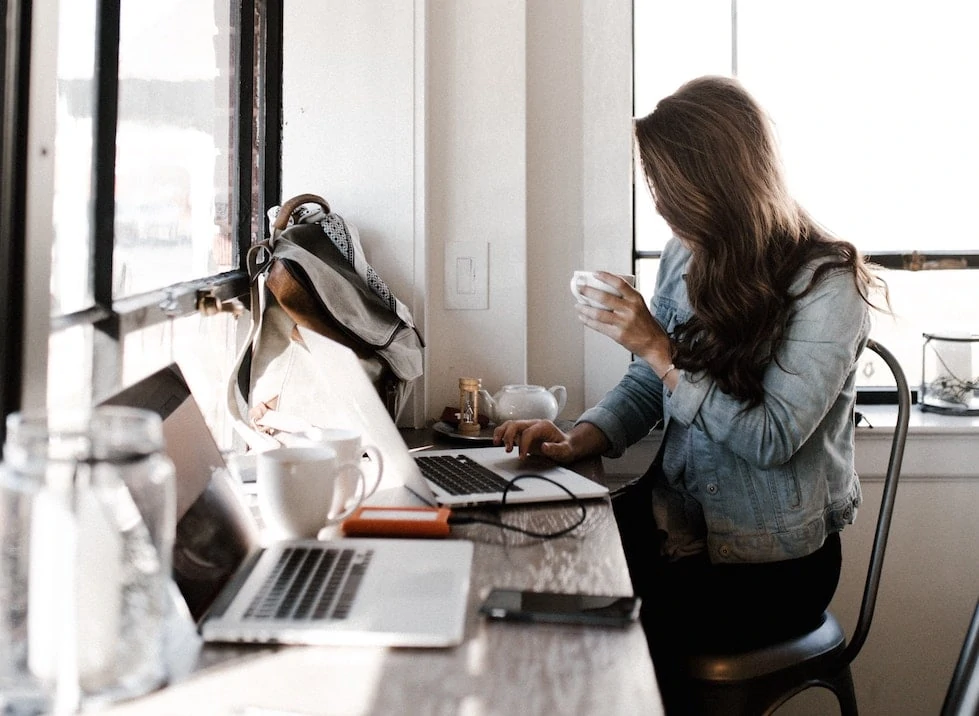
But what is contributing to this surge in severe sleeplessness? In a nutshell, it’s down to the 24/7 rhythm of modern life. Our brains today are constantly flooded with information that they simply weren’t designed to digest. Technological onslaught demands we never switch off – even an Instagram “like” releases a small surge of dopamine that adds to our state of constant alertness. On top of our tech-obsessed, crazy schedules, add travel across time zones, having a young family, late-night eating and drinking, even strong, artificial light after dark, and our sleep patterns get out of whack. Our circadian (circa=about, dian=day) rhythm, the 24-hour biological cycle that tells our bodies when to rest, rise, eat, be active and be calm, has not evolved to cope with this round-the-clock, sensory intrusion. The result: too many of us are hungover with exhaustion from living.
“The types of people I see vary, although I would say almost 70 percent are women, whose insomnia is often triggered, or at least increased, when they start a family,” says Max Kerstin, a sleep coach with a clinic in Knightsbridge. “I also see a lot of high-powered business men and women who tend to be under extreme pressure at work to perform at the highest level”.
Now we have our sleep debt, we need to repay it. On the lesser scale, we can have a warm bath with Epsom salt and take an early night. But the larger sleep debt of the insomniac is a little harder to recompense. Suggest lavender drops or a chamomile tea to the chronic non-sleeper, and they’ll likely roll their eyes. And you can bet they’ve heeded every ounce of sleep hygiene advice about re-evaluating their sleeping environment (room temperature, light) and avoiding the bright blue light of late-night tech, which suppresses melatonin, the hormone controlling your circadian rhythm.
“What we really want to do is unstack what’s stacked up during the day”, advises Lisa Sanfilippo, the UK’s leading yoga for insomnia expert. She has spent the last 15 years guiding herself and others to sleep better through practical yoga, and her 15-minute Sleep Sequence of postures not only helps people shift from their default head space, it also physically pulls tension from their limbs that has accumulated due to daily activity. “The poses have been sequenced in a particular way that is safe, effective and works for most bodies,” she says. Even better, after an initial tension-releasing down dog, they are all done lying flat, with emphasis on stretching, breathing and opening the diaphragm in a way that relaxes and brings down the heart rate. It’s the cumulative effect of peeling back tension that embeds physiological change, and ushers in sleep.
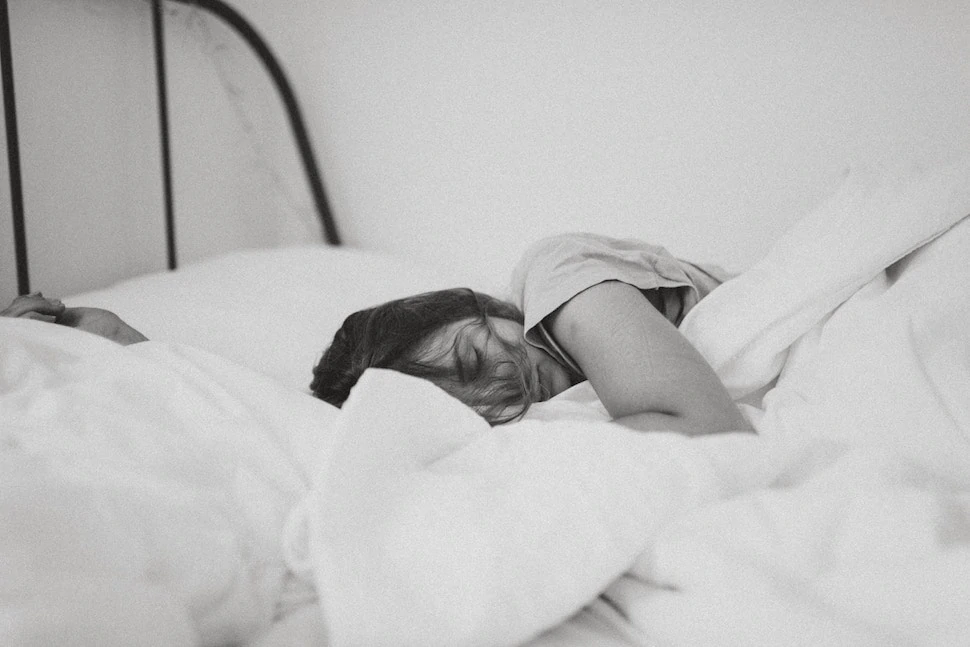
Yoga is a major component in Lisa’s sleep programme. And she’s not alone. The ancient practice can be widely beneficial as a sleep tool; yoga nidra or “yogic sleep” for example, is a powerful relaxation technique that can be practiced before bedtime as a means of encouraging slumber. It’s done lying on the floor in shavasana; based upon guided meditation, the practitioner then focuses on the body and breathing, which incites relaxation. It’s believed that just 30 minutes of yoga nidra is the equivalent of approximately two hours of deep sleep.
Likewise one of the many benefits of TRE® – a series of simple yet innovative exercises that activate a natural reflex mechanism of shaking, which in turn releases deep muscular patterns of stress, tension and trauma – is better sleep. TRE® disciples also report that it encourages a soothing, pleasant feeling – explaining why it’s often used to help reduce PTSD; the best person to do it with is leading TRE® expert Steve Haines, who takes workshops and groups across London, though Triyoga offer it too.
Anxiety and depression are also major targets for insomnia sufferers undergoing CBTi (Cognitive Behavioural Therapy for insomnia). Once the underlying causes and factors behind a patient’s sleeplessness have been identified, steps are taken to remedy them, whether that’s sleep restriction, stimulus control, relaxation training, cognitive therapy – or all of them. Though as Max Kerstin, who teaches a combination of CBTi with his own form of somatic mindfulness-based autogenic relaxation training (SMART) and acceptance and commitment therapy for insomnia (ACTi), is quick to point out, sleep is subjective and what works for one insomnia sufferer may not work for another.
While there may be myriad tried and tested ways to catch some zzzs, Dr Guy Meadows – sleep expert, trained physiologist and Clinical Director of the Sleep School in west London – believes by obsessively worrying about how to cure our sleeplessness, we’re actually putting insomnia on a pedestal and strengthening it. “Trying to problem-solve and to control is not helping the situation. If you ask a normal sleeper what they do to sleep, they say, ‘Nothing.’ If you ask an insomniac, they’ll give you a list as long as your arm,” he has said. Max tends to agree. “Worrying about not sleeping definitely exacerbates the problem. Good sleepers close their eyes when they’re ready to sleep, and start relaxing, which leads to drifting off and effortless sleep. Bad sleepers close their eyes feeling tense about having a bad night, and the more they try to sleep, the more awake they are. It becomes a self-fulfilling prophecy.”
So take heart sleep sufferers, sleeping like a baby once again, is, one way or another, within our grasp. Even if you do nothing.
Meet the experts
The capital’s foremost sleep specialists, who are all dedicated to helping you get a better night’s rest.
Max Kirsten
Max is The Sleep Coach, specialising in the holistic treatment of insomnia at his clinic in Knightsbridge. He teaches a combination of his own form of SMART with ACTi and CBTi, and has also formulated a sleep training guide, which he recommends clients follow.
35 Beauchamp Place, Knightsbridge, SW3, thesleepcoach.co.uk
Dr. Ivana Rosenzweig
One of the UK’s neuropsychiatrists, a psychiatrist and a certified expert in sleep medicine, Dr. Ivana investigates the role of sleep on our brains and the disorders keeping us awake. She heads up a team at the Sleep and Brain Plasticity Centre (Sleepcity) at King’s College.
sleepcity.institute
Lisa Sanfilippo
A psychology major from Brown University in America who, after years of study, is now the leading yoga for insomnia expert. Her unique approach is a synthesis of depth psychology, yoga traditions, neuroscience and somatic work, and she currently offers a six-week online course and workshops across London.
lisayogalondon.com
Dr. Guy Meadows
Sleep physiologist Dr. Guy is a pioneer of the use of ACT, and mindfulness, for insomnia and is founder of The Sleep School, where he and his team educate people on the importance of sleep and run a series of private clinics and consultations, workshops and courses to help patients sleep better.
28 Bristol Gardens, Maida Vale, W9, thesleepschool.org
The London Sleep Centre
A leader in the provision of diagnostic and treatment services for people with sleep disorders, and related medical and psychological disorders. Based on the belief that every patient is unique, their multimodal treatment plan combines science, medicine, psychology, social and holistic methods (The Sigma Approach).
137 Harley Street, Marylebone, W1, londonsleepcentre.com
The best sleep care
Use these bedtime saviours to promote a relaxing state of mind, helping you to wind down and drift off.
Bamford Night-Time Bath Concentrate
Unwinding from the day with a relaxing bath can help prepare the body for sleep. £70 from bamford.com
Mauli Himalayan Detox Salts
Himalayan Salts promise to bring a sense of wellbeing, clarity and calm in an overly stimulated world. £26 from maulirituals.com
Doterra Lavender Essential Oil
Lavender essential oil is a simple and effective relaxation remedy – try adding a few drops on your pillow or in an oil diffuser. £25.67 from uk.do-essential-oils.com
Sanatio Naturals Porcelain Diffuser
Turn on an essential oil diffuser in your bedroom 30 minutes before bed and spend time unwinding to a relaxing fragrance. £75 from sanationaturalis.com
Sleep Welle Fortified Calming Tea
Another weapon in your sleep arsenal, sip a calming cup of tea before you go to bed to help relieve anxieties. Starting at £27 from welleco.co.uk
Votary Pillow Spray
A spritz of pillow spray combined with breathing exercises can help to notify your body that it is time to sleep. £35 from votary.co.uk
Words: Sophie Benge and Harriet Cooper.
Images: Unsplash.
This feature was originally published in the Winter 2018/19 issue of The Glossary.





